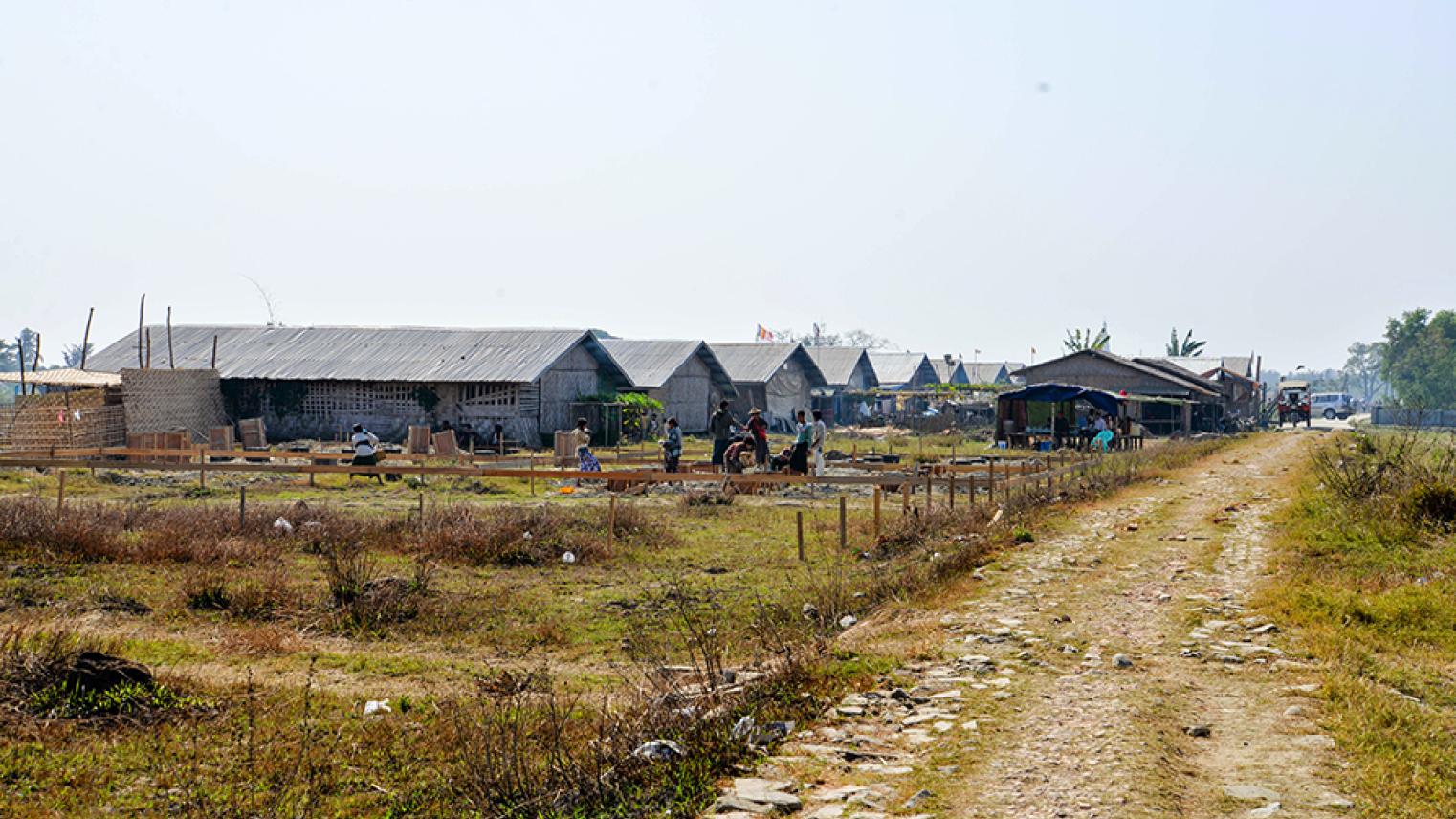Abstract: Organizing mass violence requires significant logistical capacity. This implies an organized division of labor. Usually, it requires state involvement. It does not, however, require that everyone involved believe the same things, in equal measure, nor that they have the same intentions and motivations. This conclusion has a profound implication for the study of genocide: it makes the central question not how and why everyone came to feel it was good and necessary, such as through ideology or dehumanization, but what forms of participation were required and how these were achieved. I take up this question in the case of the Rohingya genocide in western Myanmar. How did enthusiastic supporters of violence come together with the merely ambivalent, or even reluctant, to facilitate violence? I suggest an answer by reading with and against the grain of two forms of evidence: a small archive of Burmese language orders and public statements that circulated in the earliest days of violence, and the results of investigations by the UN Fact Finding Mission, human rights organizations, journalists, and others. To aid in the analysis I also draw on examples from scholarship on other genocides, particularly the Holocaust as it unfolded in Germany and in eastern Europe.
About the Speaker
Matt Schissler is a doctoral candidate in anthropology at the University of Michigan and a visiting fellow at the ANU College of Asia & the Pacific. His dissertation project is an anthropological history of anti-Muslim violence in Myanmar, and has been supported by the National Science Foundation, Social Science Research Council, Fulbright-Hays, Wenner-Gren Foundation, and US Institute of Peace. Before starting his doctoral work Matt spent eight years working for local organizations from Myanmar, with time based in both Myanmar and Thailand. He also received a master’s in human rights law from Oxford and majored in politics and in rhetoric as an undergraduate at Whitman College.
Please note that this seminar is co-hosted by the ANU Coral Bell School's Department of Political and Social Change and the ANU Myanmar Research Centre.
